Sudanese demand truth and justice for loved ones who disappeared
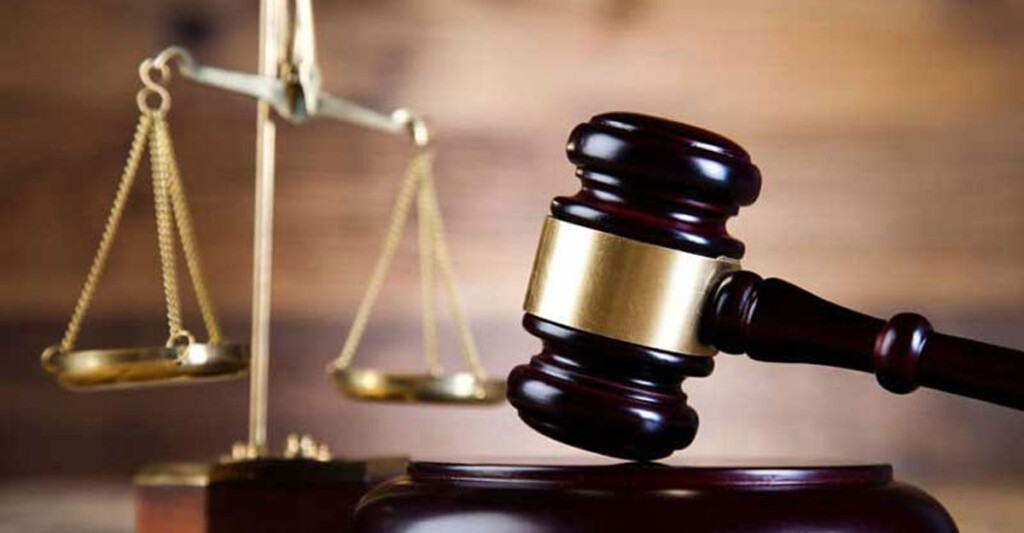
Gavel and scales (File photo: Creative Commons)
Report by Iman Ibrahim
As the world observes the International Day of the Victims of Enforced Disappearances, on August 30, families across Sudan and in the diaspora are pressing for truth and justice about loved ones who vanished in custody or at checkpoints. UN experts warn that enforced disappearances and unmarked graves are ‘escalating’ in scale, citing discoveries such as a mass grave near Khartoum containing more than 550 bodies. Rights groups say these findings highlight the depth of impunity and risk erasing entire communities from Sudan’s future.
Sudan’s legacy of disappearances across regimes
Enforced disappearances in Sudan long predate the current war, forming part of a broader system of repression under successive governments.
Under President Jaafar Nimeiri (1969–1985), security services detained protesters in secret, often without trial. Amnesty International and Human Rights Watch documented incommunicado detention, torture, and disappearances, with families left in the dark about the fate of their loved ones.
The practice expanded dramatically under Omar Al Bashir (1989–2019). His intelligence apparatus operated notorious ‘ghost houses’, underground detention centres where political opponents were tortured and disappeared. Amnesty International described them as secret sites designed to break opposition through fear, while later reports confirmed that students and activists continued to be beaten and held in ghost houses into the 2000s. Thousands of political prisoners were subjectively detained during his rule, in conditions meant to instil fear and suppress opposition.
Even after Al-Bashir’s fall, the pattern persisted. During the Khartoum sit-in massacre of June 2019, RSF and allied militias violently dispersed peaceful protesters, killing and abducting many.
Since April 2023, enforced disappearances have escalated to an unprecedented scale. Civilians have been abducted at RSF checkpoints, detained in undisclosed SAF facilities, or taken by allied militias. In 2024 Dabanga has reported that dozens of young men taken at checkpoints have never been seen again. Also in 2024, the African Centre for Justice and Peace Studies counted that more than 1,100 cases of enforced disappearance have been documented since the war began, though civil society groups estimate the true figure to be far higher.
Advocates stress the gendered impact of disappearances: a joint submission to the UN Committee on Enforced Disappearances found that nearly 50,000 people have disappeared in Sudan, including hundreds of women and girls, with 88 per cent of verified female cases still unresolved.
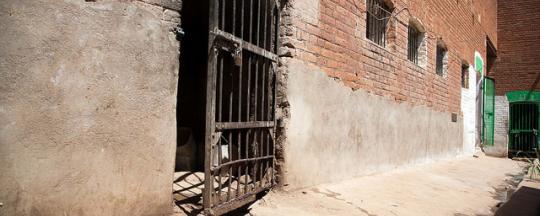
(File photo: Albert González Farran / UNAMID)
Unmarked graves are Sudan’s open wounds
Mass and unmarked graves became a hallmark of the Darfur atrocities from 2003 onward. Government-backed Janjaweed militias targeted non-Arab communities such as the Fur, Masalit, and Zaghawa. Human Rights Watch’s Darfur Destroyed documented massacres, forced displacement, and hurried burials meant to hide evidence.
The International Criminal Court’s Darfur case relied heavily on mass grave evidence. Survivors reported that militias blocked families from retrieving bodies, forcing nameless burials, turning erasure into part of the crime itself.
The tactic resurfaced during the Khartoum sit-in massacre of June 2019, when dozens of protesters’ bodies were dumped into the Nile. For families of the disappeared, the absence of graves deepened the trauma.
Since 2023, discoveries have multiplied. The UN Human Rights Office confirmed at least 87 people buried in a mass grave near El Geneina after RSF attacks on the Masalit. In November 2023, Human Rights Watch reported the massacre of up to 2,000 civilians in Ardamata, West Darfur, with survivors forced to dig graves under threat. A Reuters satellite investigation in June 2024 identified 14 rapidly expanding cemeteries across Darfur linked to mass killings, hunger, and disease.
Civil society has demanded that mass graves be unearthed, and victims identified to preserve evidence for prosecutions. In 2021, Dabanga has reported repeated calls from activists and human rights lawyers. “Every unmarked grave is an open case file,” one lawyer told Dabanga.
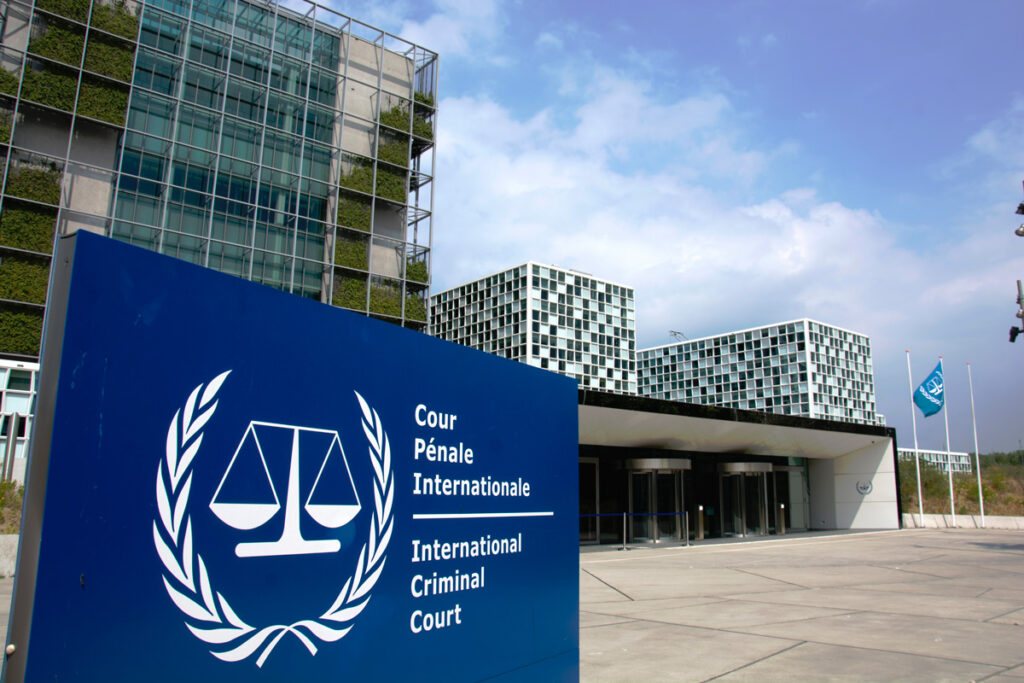
(File photo: AMB / RD)
Even the International Criminal Court, which indicted al-Bashir for genocide and crimes against humanity, relied on mass grave evidence to build its case. Yet survivors report that militias often blocked families from retrieving bodies, forcing them to bury victims in nameless pits. This became part of the machinery of genocide: killing people and erasing memory at the same time.
Where is the accountability?
The UN Working Group on Enforced Disappearances lists Sudan among the countries of greatest concern. In April 2025, the UN Fact-Finding Mission warned that enforced disappearances, mass graves, and ethnic targeting could amount to crimes against humanity. In May 2025, UN experts urged stronger international action, stating: “The disappearance of thousands of Sudanese is not only a crime against individuals but an assault on entire communities.”
Civil society has launched initiatives like the Where Did You Take Them? campaign to document cases and demand answers. Human Rights Watch has called on the Human Rights Council to extend the UN Fact-Finding Mission’s mandate for another two years, to allow evidence to be preserved and cases prepared.
By mid-2025, Sudan had recorded over 10.8 million internally displaced people, the highest number worldwide, while conflict-related deaths were estimated at 150,000. For families still searching for missing relatives, displacement has made the quest for answers even harder.
On this International Day of the Victims of Enforced Disappearances, the UN reminds states of their obligation to search for the disappeared, prosecute perpetrators, and guarantee non-recurrence. As UN Secretary-General António Guterres said in his 2024 statement: “The pain of not knowing the fate of a loved one is unbearable. Enforced disappearance is a tool of terror and repression. It must end.” For Sudan, that means opening mass graves, publishing lists of the detained, and supporting independent investigations. Families insist that truth and justice are not optional, they are the foundation for any future peace.







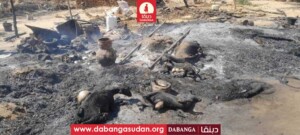
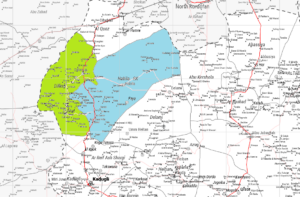


 and then
and then